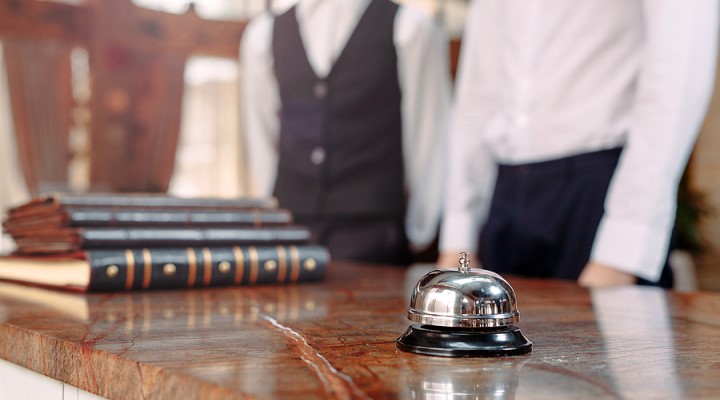Few industries were harder hit by the pandemic than hotel accommodation and food services. Small businesses make up 35 per cent of all accommodation and food service businesses, employing almost half a million Australians and representing 44 per cent of the industry’s total workforce. With restrictions over and borders open, there’s reason to be optimistic for the industry and the small hotels that make it so vibrant.
However, according to research from SevenRooms, a return to pre-pandemic ‘normal’ is not an option. That’s because today, 56 per cent of Australians say they hold hotels to a ‘higher standard’ compared to pre-pandemic. But what do consumers demand? How can small hoteliers incentivise loyalty? And why is there reason to be optimistic?
Evolving demands
Society has now become used to ‘COVID-normal’ ways of living, working and communicating, and flexibility and health and safety are amongst the key considerations for Australians today. Two in three (68 per cent) expect hotels to offer flexible cancellation and a refund if their trip is impacted by COVID, while 31 per cent expect capacity limits to safeguard health and safety.
Australians are passionate about both the environment and supporting local, and value hotels that focus on these issues. Indeed, one-third would prioritise a venue that worked with local partners and producers, while a further third would frequent hotels that showcased a genuine commitment to sustainability and eco-friendly practices.
Incentivising loyalty
Acquiring a new customer is infinitely more expensive than retaining an existing one. Therefore, incentivising loyalty, which helps hotels build certainty, contingency, and operate more cost-effectively, is essential. The key thing Aussies are looking for in exchange for their loyalty are personalised experiences that recognise their habits and reward their patronage.
Almost half (48 per cent) want a complimentary drink or the ability to pre-select an in-room food and beverage (F&B) amenity upon arrival, 39 per cent want personalised offers based on their choices during a previous stay and a quarter (25 per cent) want exclusive offers based on their loyalty tier (e.g., silver, gold). Personalisation has become a must-have for consumers, and a hotel, restaurant, bar or cafe that offers personalisation instead of blanket approaches will stand out for consumers today.
Trust in technology
The proliferation of technology during the pandemic was essential for business survival and must remain in the eyes of Australians. In fact, half of Aussies expect to be able to make bookings, reservations and purchases via online or contactless technology, rather than in-person or via a phone call.
These technology-driven services drive convenience and efficiency for venues and their guests, but they also aid in the personalised experiences consumers demand. Through technology such as ours, and the approved data it collects, venues can build and automate comprehensive guest insights, and turn those into the unique, personal and meaningful experiences customers would reward with their loyalty.
Navigating these changing consumer demands may seem like a challenge, but it’s an opportunity. The desire for personalisation and technology is here to stay, and the venues that adapt in the short-term will be better equipped to provide exceptional guest experiences that incentivise loyalty, boost revenue and allow them to lead by example in the long term.
There is, after all, a huge demand for enjoying the hotels, travel and experiences we once took for granted. After an extended period in which hotels couldn’t host guests, one-third (37 per cent) of Aussies are planning on returning to hotels in the coming months. While these Australians expect more from hotels today, there are many reasons to be optimistic about the venues that adapt and cater to their evolving expectations.















